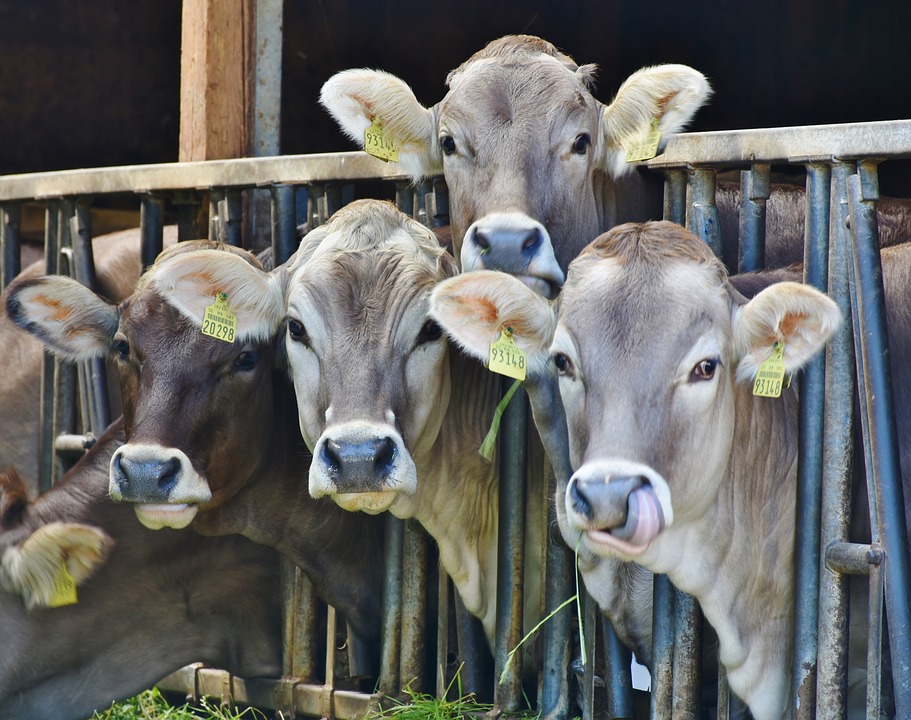Jim Dickrell
A team of scientists from John Hopkins University claims switching to all vegan-diets across the globe would reduce the per capita greenhouse gas (GHG) footprint of food production by 70%.
Going to just one meatless day per week would cut the average American’s greenhouse gas emissions by 156 pounds per year, says Keeve Nachman, an assistant professor in the department of Environmental Health and Engineering at John Hopkins. That would be equivalent of reducing the annual mileage of a typical passenger vehicle by 174 miles per year, he says.
In other words, if individuals reduce their driving by less than ½ mile per day, they would achieve a greater GHG footprint reduction than going to meatless Mondays. And that points to the magnitude of switching diets compared to reducing fossil fuel use.
Switching from an omnivore diet to an all-vegan diet would reduce an individual’s GHG footprint by 0.8 metric tons of carbon dioxide equivalent (CO²e), says Frank Mitloehner, an associate professor involved with environmental studies at the University of California-Davis. That’s half the carbon footprint of one international flight, he says.
Going to an all-vegan diet would reduce emissions by 2.6%, says Mitloehner. “But that would come at a price,” he says.
American agriculture would not be able to produce all the nutrients needed by consumers in the United States if everyone ate an all vegan diet. “That’s a price I’m not willing to pay,” says Mitloehner.
American agriculture would not be able to produce all the nutrients needed by consumers in the United States if everyone ate an all vegan diet. “That’s a price I’m not willing to pay,” says Mitloehner.
The other problem is that environmental activists take global emissions numbers and then apply it to the United States. For example, the United Nation’s Food and Agriculture Organization estimates that animal agriculture contributes 15% to GHGs globally.
In the United States, however, with it far more efficient agriculture, animal agriculture contributes just 3.9%. Dairy’s contribution is 1.37%. Transportation, electrical generation and industry contribute 79% of U.S. emissions, estimates the U.S. Environmental Protection Agency.
You may also like
-
Bob West: Facing the reality of wolves, Colorado ranchers need to be prepared
-
Packing behemoth JBS aims to takeover world’s meat industry
-
What names would you give to Colorado’s invasive wolves?
-
Climate Cult hypocrites wage war on meat
-
California jury finds criminal animal rights activist guilty on multiple counts


Vegetable Farming is a Crude Oil Conversion process to produce food.
The afore takes Fuel and Machinery.
Grazing animals are simply Mother Nature’s way of harvesting natural growing plants which the animals Graze.
Guess What?
The grazing animals do not use either crude oil or machinery to Graze and produce protien rich meats and milk.